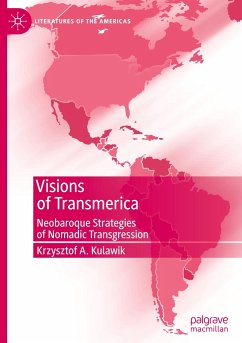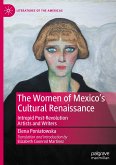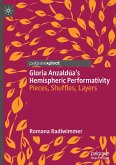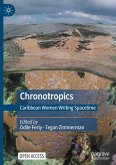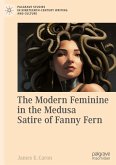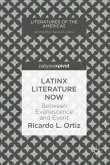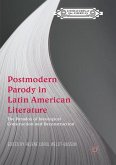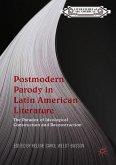This book looks at Neobaroque Latin American fiction, poetry, essay and performance from the 1970s to the early 2000s in order to explore the cultural hybridization and transgressive identity transformations at play in these works. It shows how the ornamental style and boldly experimental techniques are an effective strategy in presenting decentered identities in sexually ambiguous, multiethnic, interracial, transcultural, and mutant characters, as well as in metafictional narrators and authors. In this way, the book demonstrates the potential of Neobaroque works to destabilize normative, essentialist and binary categories of identity. The study focuses on Latin America as a cultural macroregion, drawing on examples from a variety of countries, including Argentina, Uruguay, Chile, Bolivia, Brazil, Cuba, Mexico, and the US-Mexican border. Drawing on gender, queer, trans and Chicana feminist theory, it argues for an alternative approach to a model of the Self, or a theory of selfhood, derived from the exuberant style and experimental techniques of the Neobaroque.

